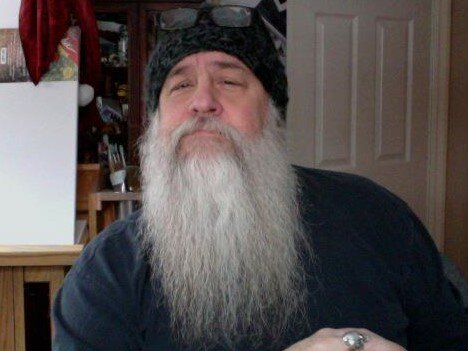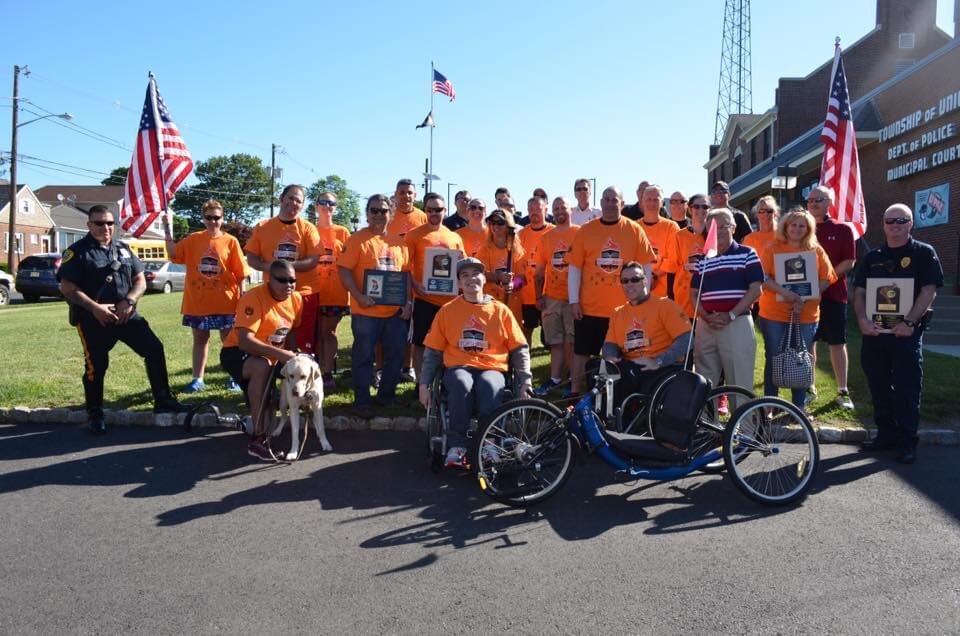Seeking Support during COVID-19: Help Yourself So You Can Help Others
/While many people tout our healthcare workers as the heroes of the pandemic — and rightfully so — law enforcement also plays a critical role in our nation’s safety during the crisis. COVID-19 is pulling our officers in several different directions, taking an invisible toll on their mental state — one that they often may not register until they wrap up yet another grueling shift.
Even for officers who “have seen it all,” the traumatic loss of life on such a major scale is undoubtedly having an impact. Dealing with the virus and its associated challenges can cause heightened anxiety, depression, substance abuse and grief, especially in areas that have been hardest hit by the pandemic like New Jersey and New York. Our officers are dealing with conflicting information surrounding use of personal protective equipment (PPE), and prior to that they were faced with shortages. Social distancing guidelines and regulations brought on by COVID-19 have also complicated procedures for responding to crises in the community at every turn. Even as things seem to be slowing down, there is speculation around a “second wave” and officers continue to worry about contracting the virus themselves and bringing it home to their families.
It’s not always easy to reach out for help, especially when you have been trained to prioritize helping others. But mental health symptoms that go unchecked can lead to chronic challenges including PTSD, anxiety, depression, substance abuse and suicidal ideation. I’ve personally trained enough officers (over 500 in northern New Jersey) to know firsthand how hard it can be to seek help. But asking for help is a sign of strength, not weakness.
In 2018, the Fraternal Order of Police and NBC New York anonymously surveyed nearly 8,000 active and retired police officers across the U.S., and 90% of respondents said there is stigma in law enforcement around seeking help for behavioral health concerns. I know there are many officers who may think they need some support but are hesitant to reach out for help because they would rather handle it on their own or are worried others might see them as weak. But that is simply not the case — in fact, it is quite the opposite.
In New Jersey, the tragic loss of life in our state has well eclipsed that of Sept. 11. While collectively our state is feeling the emotional impacts due to the unfathomably high death toll associated with the virus, officers dealing with it firsthand day in and day out are disproportionately impacted. Officers on the front lines of the virus are dealing with unprecedented concerns and high-stress situations, making it more important than ever to make sure they are taking care of themselves. You can only help others if you take the time to help yourself first.
My organization CarePlusNJ recognized an enormous need to support our local officers during these uncertain times. As a leading provider of integrated behavioral health services in the community, we established The HERO Warmline (1-551-800-HERO), a free, confidential mental health warmline for Bergen County, New Jersey’s law enforcement officers and first responders. The specialized service was implemented to help local officers’ process emotions, cope with trauma and connect them to rapid access support and services so they can prioritize their own health and wellness and continue to help others in the community.
When our local officers call the line, a clinician, with specialized trauma and first responder training, picks up the call. We know privacy is paramount, which is why our licensed professionals are ethically and legally bound to keep all conversations confidential. First responders, law enforcement and healthcare professionals in Bergen County, New Jersey are encouraged to contact The HERO Warmline at 1-551-800-HERO (4376) Monday – Friday from 9 a.m. to 8 p.m. for free, confidential support and services. This is an invaluable resource that we hope our local officers continue to take advantage of if they need support during this crisis.
Many communities have similar resources in place to help support law enforcement as they navigate COVID-19 and all the obstacles that accompany it. I encourage any officer who may even be considering talking to someone for support to research the community resources available near them.The only way to come out of the pandemic stronger is to make sure we take care of ourselves and those we care about as much as possible.
Amie Del Sordo is Senior Vice President of Hospital and Community Services at CarePlus NJ, a leading provider of integrated behavioral health care in Paramus, New Jersey. Amie spearheads the Crisis Intervention Team (CIT) program in Bergen County, a police-based training on safely, compassionately de-escalating and assisting a person in a mental health crisis. She has trained more than 500 local officers.































































































